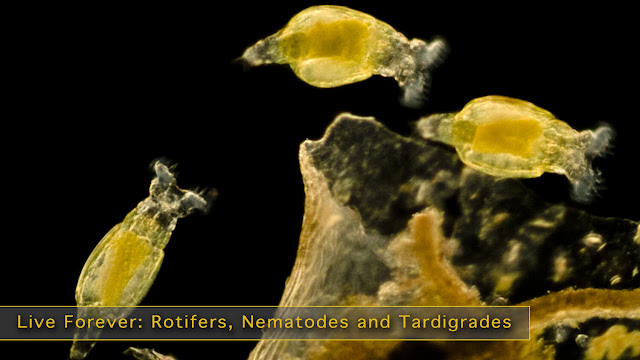There’s no doubt about it - our immune systems are powerful. We’ve all had moments where we don’t pay much attention to our immune systems because of lack of sleep or high stress and had to endure bouts of sneezing, coughing, or fever in the coming days. Some of us have taken extra steps to make sure our immune systems are as strong as possible and noticed how invincible it feels to go months without getting sick. Everyday function, brain power, and physical ability depend strongly on our body’s ability to fight off viruses and disease.
The power that our immune system provides in determining our health can even be utilized to fight cancer. Immunotherapy is a method of cancer treatment that helps to strengthen the immune system to be able to fight cancer cells better, as well as direct the immune system towards specific cancer cells.
RF and RM Images and Video of Immunotherapy
A large number of cells in our body aid in the immune system. White blood cells (lymphocytes) recognize foreign bodies such as viruses and fight them with antibodies, which are proteins that are sent out to bind to these foreign bodies. T cells are a specific type of white blood cell that search for, capture and destroys foreign bodies and infected cells.
Immunotherapy works with these cell types to focus in on cancer cells and kill as many as possible. There are many different methods of immunotherapy that enhance the immune system in a variety of ways.
Proteins called monoclonal antibodies (therapeutic antibodies) can be created in a laboratory and used for immunotherapy. These antibodies are introduced into the body to flag cancer cells so the immune system can more easily detect them.
Checkpoint inhibitors can be put into a patient’s bloodstream to disable proteins that stop the immune system from attacking cancer cells. These proteins attach to T cells, and can activate or deactivate the immune system when needed. Because cancer cells can pose as normal cells and pass a T cell checkpoint without any activation of the immune system, checkpoint inhibitors are used to make sure that T cells will be activated to help destroy cancer cells with each encounter.
Adoptive cell transfer is a form of therapy that can also help boost the function of T cells. In this method, T cells are taken from the body, and the cells that are most defensive are grown and multiplied in a lab and put back into the body intravenously.
Prints of Cancer and the Immune System
Through the technology that scientists now have available in labs, immunotherapy provides another option for cancer treatment which can give many patients more hope. Although this type of therapy has its own side effects, and sometimes has the potential to damage the body, it has been known to successfully treat some cancers when radiation or chemotherapy failed, and can also enhance the effectiveness of other methods of treatment when used in combination.
Overall, it has the potential to provide hope to many of millions of people around the world affected by cancer.
- livescience.com
- cancer.gov
- immunology.org
- pacificimmunology.com
- tcells.org






No comments:
Post a Comment